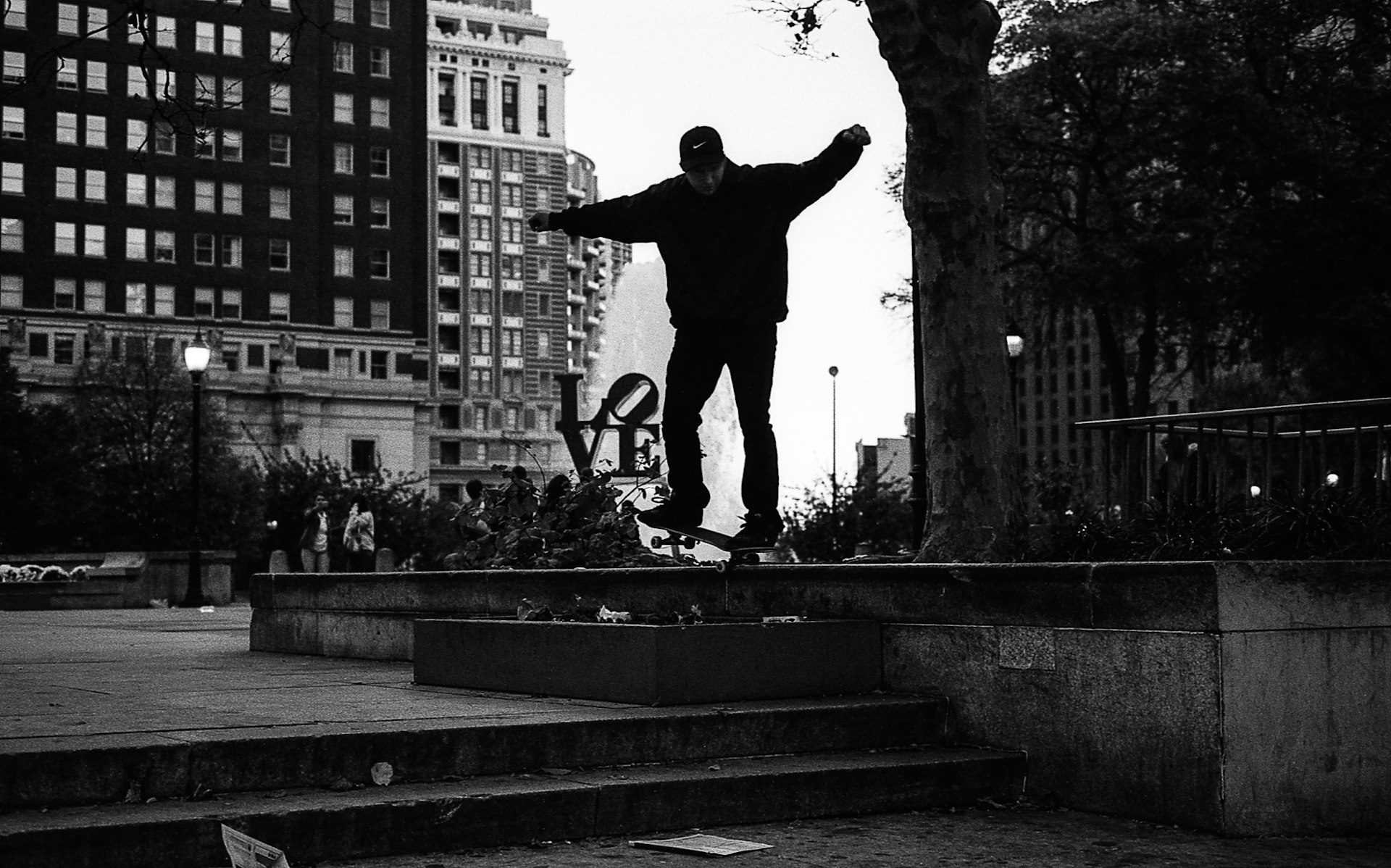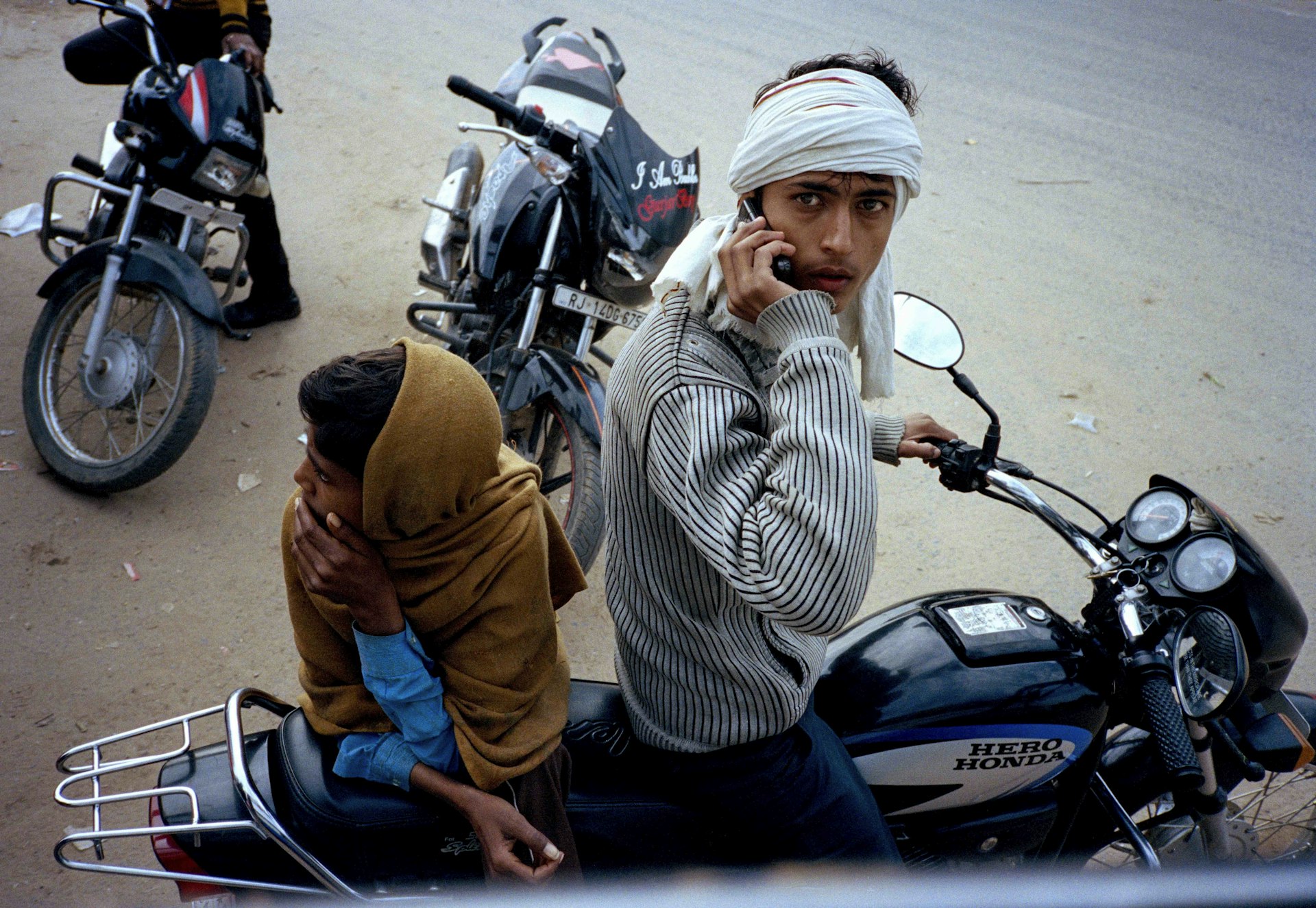
Navigating the extreme duality of life in modern India
- Text by Biju Belinky
- Photography by Theophilos Constantinou
India is a place of extremes. A country simultaneously boasting one of the fastest-growing economies in the modern world, while struggling with some of the worst poverty on earth. A country with a deeply spiritual side, then repackaged and fetishised by outsiders. A country with an abundance of natural resources, still forced to endure systematic exploitation due to industrial expectations of production from the Western world.
These dualities, and the wish to transcend them, were part of what drew Theophilos Constantinou to travel across Indian soil, capturing his journey “from the Himalayan mountains to the flatlands of West Bengal”.
Taken over the course of six months, We Passengers feels both universal and deeply personal to India. It is a portrait of a country, yes, but it is also an exploration of the journey that we’re all in, being alive today – an experience in which we are all passengers. Theophilos’ visual analysis explore themes of borders and the modern normalisation of struggle and exploitation, as well as the ideal of living a life more connected, present and in many ways, human.
Amidst shots of streets, landscapes and people in the book, one in particular stands out – a dilapidated wall with a universal message: “The only way to be free in an unfree world is to be so completely free that your very existence is an act of rebellion.”
![2_1132 [UPDATE]](https://images.huckmag.com/wp-content/uploads/2017/06/2_1132-UPDATE.jpg?w=1920&q=75)
![18_1113 [DONE]](https://images.huckmag.com/wp-content/uploads/2017/06/18_1113-DONE.jpg?w=1920&q=75)
![13_1134 [DONE]](https://images.huckmag.com/wp-content/uploads/2017/06/13_1134-DONE.jpg?w=1920&q=75)
![59_1136-[DONE]](https://images.huckmag.com/wp-content/uploads/2017/06/59_1136-DONE.jpg?w=1920&q=75)
![8_1143-[DONE]](https://images.huckmag.com/wp-content/uploads/2017/06/8_1143-DONE.jpg?w=1920&q=75)
![37_1097 [DONE]](https://images.huckmag.com/wp-content/uploads/2017/06/37_1097-DONE.jpg?w=1920&q=75)
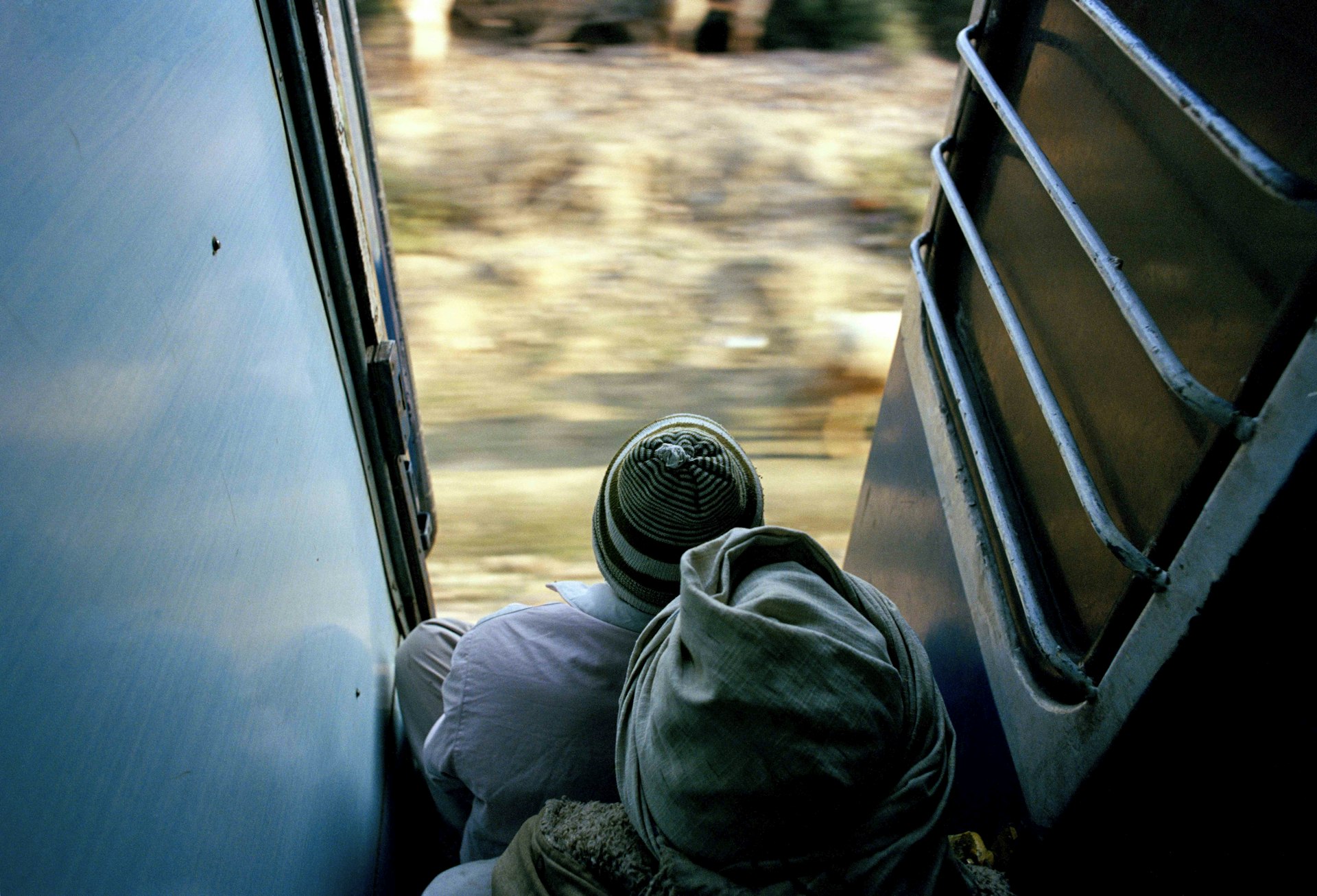
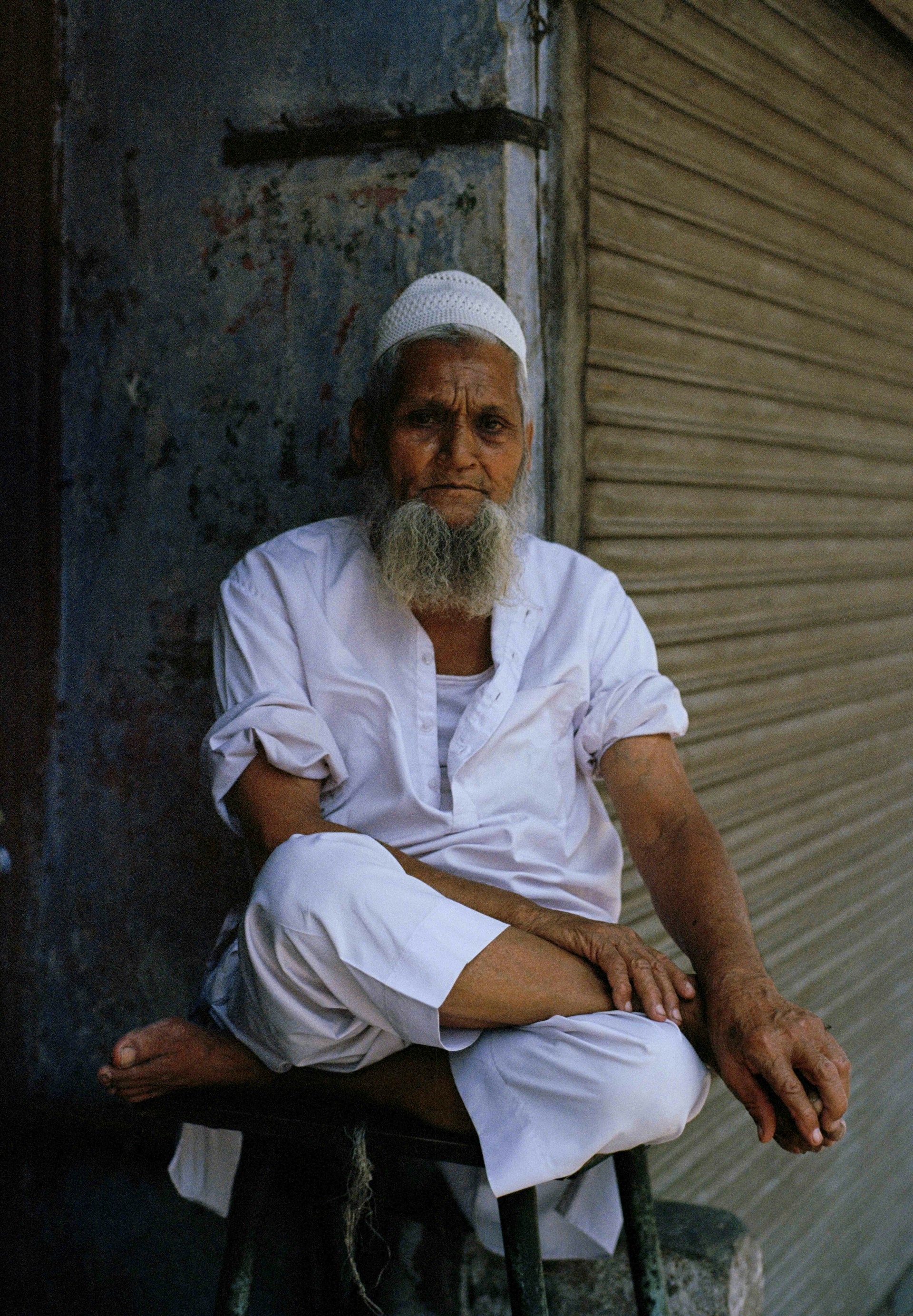
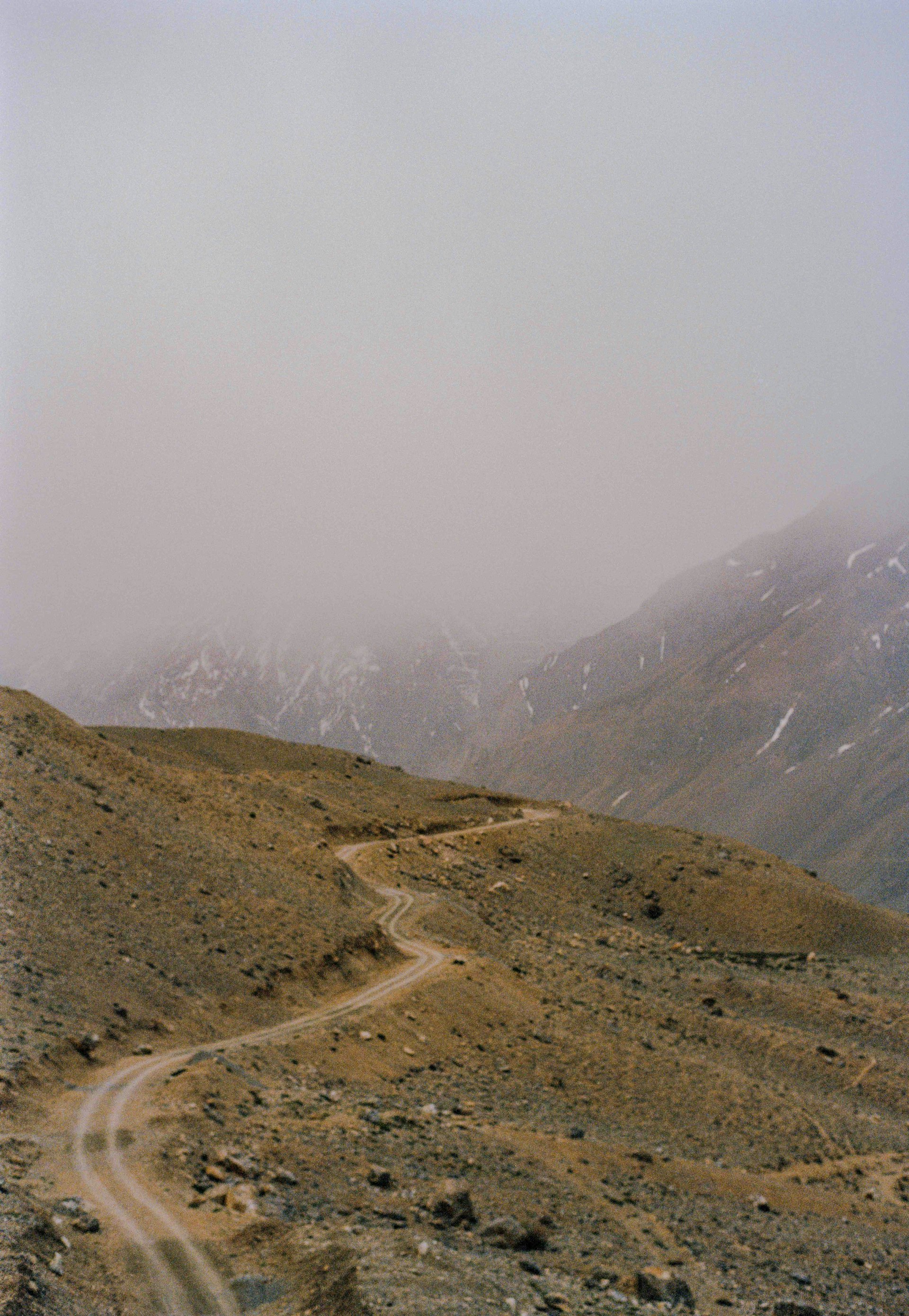
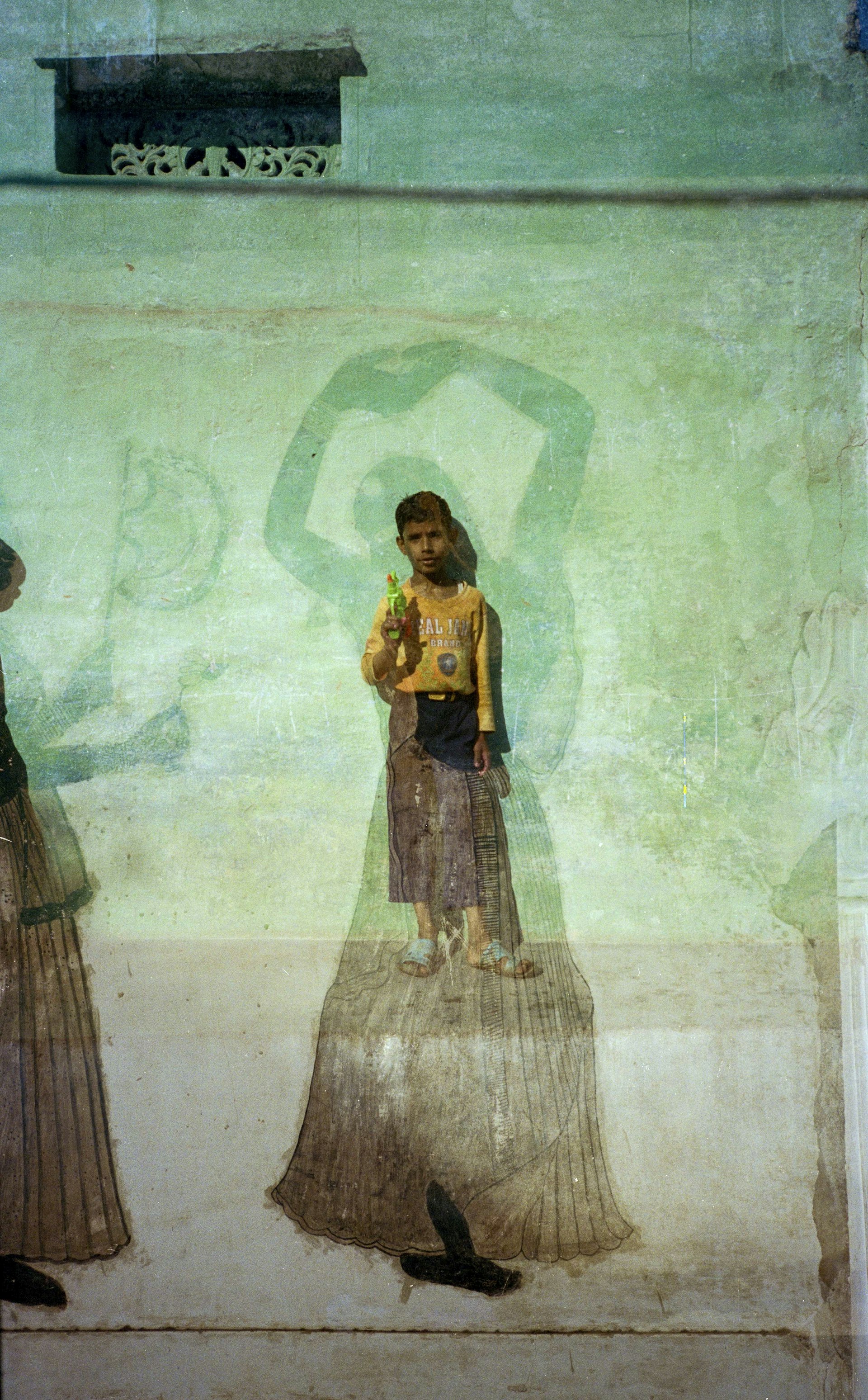
![12_1121-[DONE]](https://images.huckmag.com/wp-content/uploads/2017/06/12_1121-DONE.jpg?w=1920&q=75)
We Passengers by Theophilos Constantinou is out now, published by Paradigm.
Enjoyed this article? Like Huck on Facebook or follow us on Twitter.
